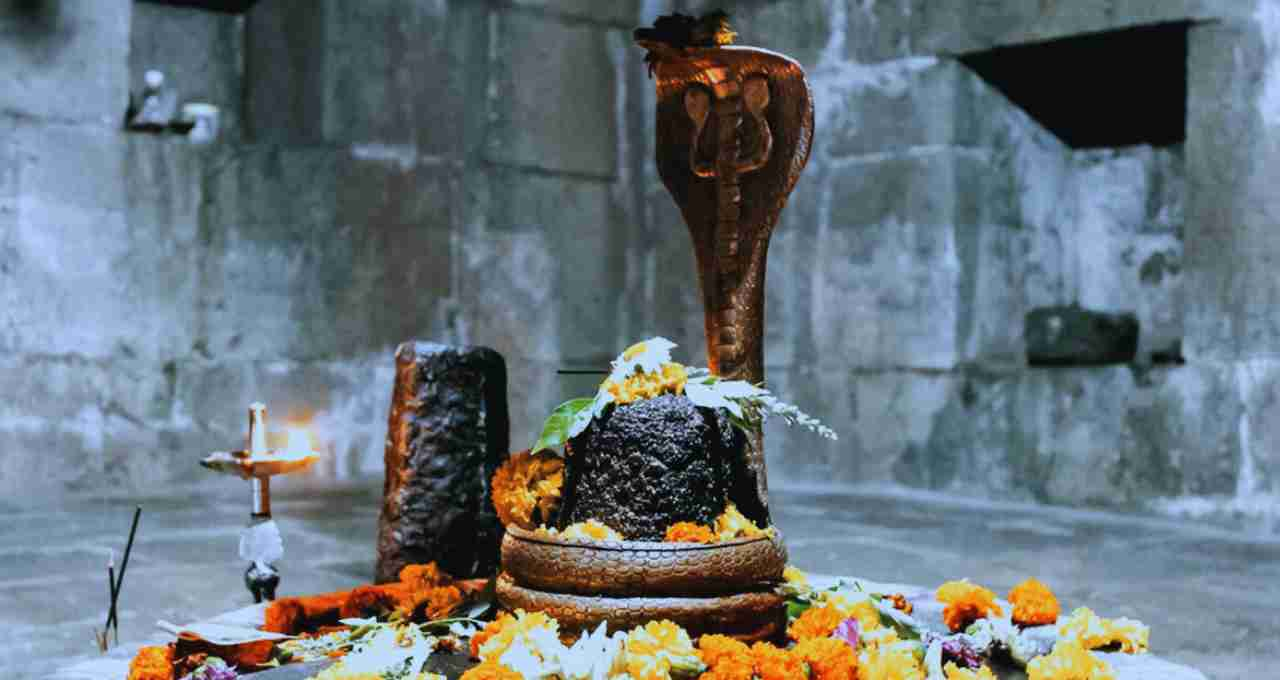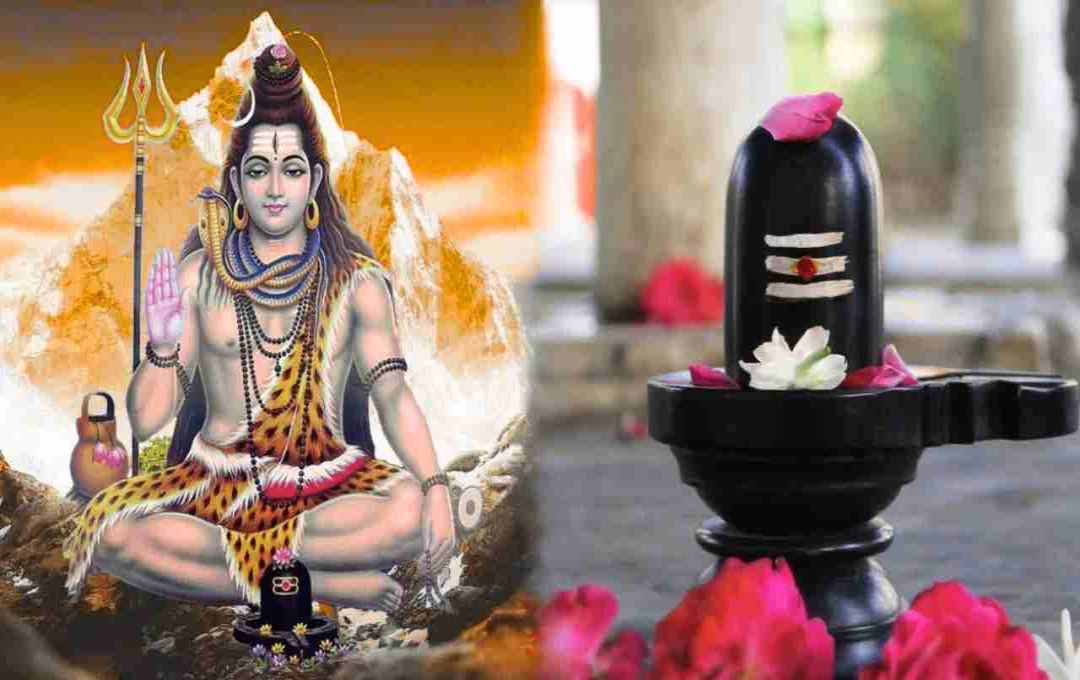The month of Sawan brings a special atmosphere of devotion to Lord Shiva across the country. This year, Sawan begins on July 11, 2025. Throughout the month, Shiva temples will be thronged by devotees, and special prayers will be offered every Monday. People perform various rituals to please Mahadev, including fasting, Jalabhishek (offering water to the deity), Rudrabhishek, and other acts of faith.
However, do you know that certain things are very dear to Lord Shiva, while others are forbidden to be offered? It is essential to know these things before worshipping Shiva in Sawan, as even a small mistake can diminish the benefits of the worship.
What things are extremely dear to Lord Shiva?
Offering water on the Shivling is most essential.

When poison emerged during the churning of the ocean, Lord Shiva consumed it to protect the entire creation. Due to the effect of the poison, his body started to burn, and to cool him down, water was continuously offered to him. This is why offering water on the Shivling is considered the best form of worship.
Offering Belpatra (bel leaves) is auspicious.
Offering Belpatra to Shiva is considered extremely fruitful. Its three leaves symbolize Shiva's three eyes (Trinetra). According to religious beliefs, offering one Belpatra gives the same merit as giving away a crore daughters in marriage.
Dhatura (thorn apple) removes bitterness of the mind.
Despite being poisonous, Dhatura is extremely dear to Shiva. Scriptures say that a person who offers Dhatura on the Shivling receives the same benefits as offering a thousand blue lotuses. It is believed to remove negativity from the mind.
Shami and Ak flowers are also dear.
The Ak flower gives the same merit as donating gold, while the Shami flower provides the same benefits as offering 1000 Dhatura flowers. Therefore, offering these flowers on the Shivling during Sawan is considered particularly auspicious.
Sandalwood, milk, cannabis, and Bhasma (ash) are also part of the worship.

Substances that provide coolness, such as sandalwood and milk, are included in the worship of Shiva. Sandalwood is believed to enhance social prestige and respect. In addition, cannabis, Bhasma, rice, thandai (a cooling drink), Rudraksha, halwa (a sweet dish), and malpua (a fried sweet pancake) are considered dear to Shiva.
What things should not be offered to Shiva?
Items of adornment are not pleasing to Shiva.
Lord Shiva is considered a hermit god. He is beyond worldly attachments and beauty. Therefore, offering items associated with beauty, such as turmeric, henna, kumkum, and bindi, is forbidden in his worship.
Water should not be offered with a conch.
It is common to perform Abhishek with water from a conch shell, but it is forbidden to offer water on the Shivling using a conch. According to the scriptures, Shiva once killed an asura named Shankhchud; therefore, he does not accept things associated with the conch.
Tulsi leaves are not offered to Shiva.
Tulsi is generally considered a primary material for worship, but its use is forbidden in the worship of Shiva. This is because Lord Shiva killed Jalandhar, the husband of Tulsi, due to which Tulsi cursed him.
Coconut and its water are also forbidden.
Coconut is considered a symbol of Lakshmi and is associated with the grace of Mother Lakshmi. Offering a coconut or performing Abhishek with coconut water in Shiva worship is considered inappropriate.
Ketaki flower is also not offered.
According to an ancient story, the Ketaki flower gave false testimony in a dispute between Brahma and Vishnu. As punishment for this lie, Lord Shiva cursed it that it would not be accepted in his worship. Therefore, the Ketaki flower is not offered in Shiva worship.
The special significance of worship in the month of Shravan.
Sawan is considered the favorite month of Lord Shiva. Especially on Mondays, the importance of worshipping Shiva increases. During this time, devotees fast, perform Jalabhishek in Shiva temples, and chant Om Namah Shivaya. But along with all these deeds, if the likes and dislikes of Lord Shiva are also taken into consideration, the effect of the worship increases even more.
This month of Sawan is an opportunity for devotion, penance, and worship. But if knowledge is added to faith, the benefits of worship increase manifold. Lord Shiva is easily pleased with a simple heart, but following the scriptures is equally important. In Shravan, if what is dear to Shiva is offered, and what is forbidden is avoided, the devotee attains both devotion and merit.












